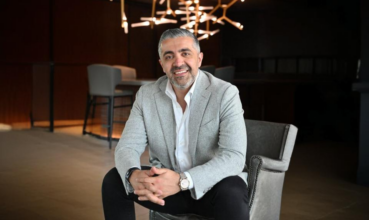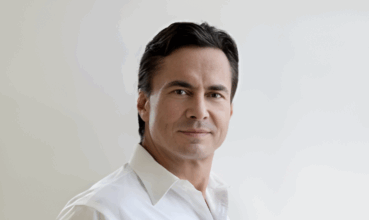As much of the U.S. office market grapples with high vacancy and shifting tenant expectations, Vibe Office Properties is finding success by focusing on how a space feels. At the core of its ...
Team Sunshine Construction's Ahmad Ali on Building a Comprehensive Home Energy Solutions Company


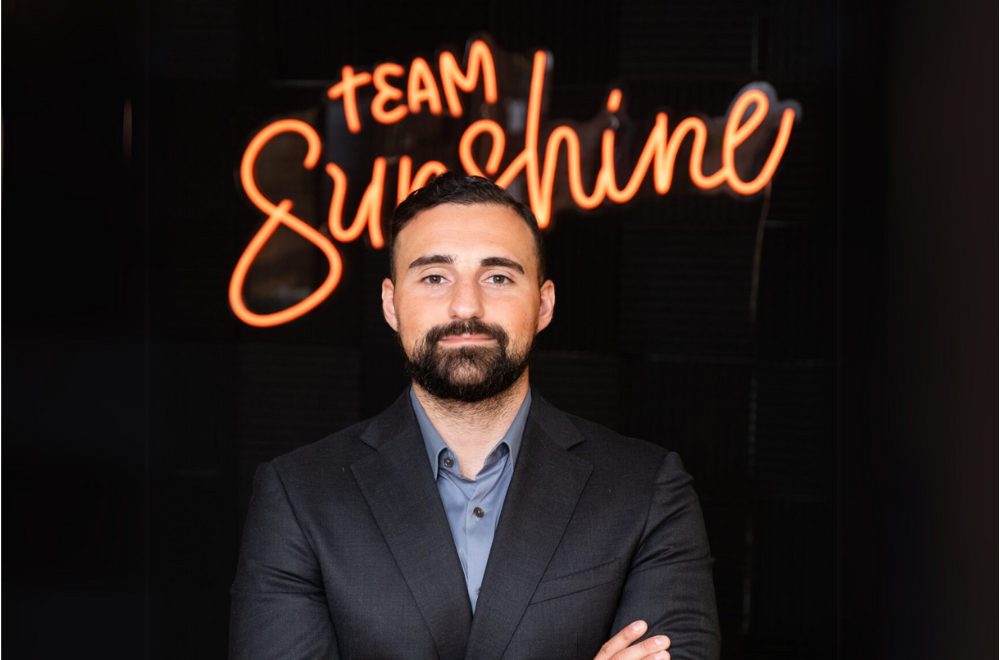

In an industry typically characterized by fragmentation and specialization, Team Sunshine Construction has embraced a comprehensive approach to residential energy efficiency. Led by CEO Ahmad Ali, the company has evolved from a solar contractor to a full-service energy solutions provider operating across ten states.
From Door-to-Door Sales to Energy Efficiency Powerhouse
Ahmad’s journey in the renewable energy sector began in 2015 as a door-to-door salesman with Solar City during his final year of college. When Tesla acquired Solar City in 2016, Ahmad and a former manager launched DVinci Energy, focusing on third-party sales for local contractors.
“We were really focused on marketing and sales as a third-party platform for local contractors,” Ahmad explains. “We would partner up with local contractors, and we were essentially like a dealership for them.”
After a few years of working with various installers, Ahmad identified a critical gap in the market. The solar installation landscape was dominated by three types of providers: small mom-and-pop operations that couldn’t scale, massive national companies that lacked personal attention, and mid-sized regional firms that were rare and often unreliable.
“We’d go and offer a homeowner solar and then tell them it’s going to look like this, it’s going to be that. And then the experience for them wasn’t as good as we were selling it to be, because they couldn’t fulfill expectations,” Ahmad recounts.
This frustration led to a pivotal decision in mid-2022 when Ahmad registered Team Sunshine Construction as a full-service contractor. “We said, listen, full blown contractor, trucks, crews, insurance, W2 employees, all of that.”
Beyond Solar: The Full-Service Electrification Model
What sets Team Sunshine Construction apart is its holistic approach to home energy solutions. While the company started primarily as a solar contractor, it has strategically expanded its offerings to include roofing, electrical work, tree removal, heat pumps, weatherization, and EV chargers.
This expansion wasn’t random but driven by a deep understanding of customer needs and market trends. “We are a one-stop shop for our customers,” Ahmad explains. “They get a big heat pump, they get rid of their oil bill, for example. And then they need a big solar system, water heaters, and EV chargers if they’re trying to offset their fuel bill as well.”
The company is also a certified contractor for Massachusetts’ Mass Save program, which allows them to perform home energy assessments at no cost to homeowners. These assessments include blower door tests to check the efficiency of homes and often lead to subsidized weatherization services.
The Challenge of Quality Execution
Operating in ten states across New England, plus New Jersey, Pennsylvania, Maryland, and Florida, Team Sunshine Construction has faced significant challenges in scaling its operations while maintaining quality.
“I think there’s that old saying about things being fast, cheap, and quality. You can get two out of the three, not all of them,” Ahmad notes. “We’re definitely not the cheapest, but we try to be as affordable as we can. Speed and quality are definitely things that we’re focused on, while offering as much value as possible within all the packages that we offer.”
The complexity of solar installations presents numerous logistical challenges, from physical site surveys and CAD designs to securing permits and coordinating with utility companies. “Some towns only do online. Some only do in person. Some only do it through the mail. Some only do it through email. Some take payment on credit cards. Some only do checks,” Ahmad details, highlighting the intricate web of regulatory and administrative processes his team navigates daily.
What’s Driving the Electrification Shift?
According to Ahmad, several factors are driving the increasing adoption of solar and electrification solutions:
Rising energy costs top the list. “The number one thing that drives solar sales, very simply, is the cost of energy is just getting outrageous,” Ahmad states.
The predictability of energy bills is another significant factor, especially for those on fixed incomes. “For a lot of people including myself, I switched from oil heating and window ACs to heat pumps. In the winter, my bill could be as high as $600-$900 for electricity,” Ahmad shares. “Not knowing how to budget month to month is challenging, particularly for elderly people who may be on a fixed income.”
Home value appreciation also drives adoption. “I use myself as an example. Switched from oil heat—instantly, house is more valuable because there’s no oil tank in there taking up space. It’s dirty, it’s unclean.”
Perhaps most compelling is the argument for energy independence. “As an American, I think about how we’re importing power from Canada. We’re importing power that literally causes wars in the Middle East over oil and energy,” Ahmad reflects. “Every person that goes solar is one less house that needs to rely on foreign energy. Every homeowner and business owner that goes solar gets us closer to energy independence.”
The Case Against Oil Heating
Ahmad is particularly passionate about transitioning homes away from oil heating systems. “Oil heating is a thing of the past,” he asserts. “It doesn’t really make sense, just on any level. It’s not clean, it’s not very efficient, it’s very expensive.”
He points out the undesirability of having an oil tank in one’s home: “You got a bomb in your house, God forbid, in your basement. Nobody wants that.”
While natural gas presents an alternative, the infrastructure requirements make it impractical in many areas. “The cost to just extend that gas line 100 feet is like $50-60,000,” Ahmad notes from personal experience.
The Future of Electrification
Looking forward, Ahmad sees tremendous potential in battery storage systems as part of a broader trend toward creating microgrids. He cites Green Mountain Power in Vermont, which offers homeowners Tesla batteries on a lease basis primarily because the utility’s infrastructure is insufficient.
“It costs them so much money to produce power and move the power around that they will pay contractors like us to go in and install batteries,” Ahmad explains. “They’ll pay for the batteries, they’ll pay for the installation so that they can have some control of the power coming in and out.”
As Team Sunshine Construction continues to grow, Ahmad remains committed to the company’s core values. “Do what you say and say what you do,” he summarizes. “I think that’s one of the biggest drivers of our success thus far. It’s just doing what we say we’re going to do. As contractors, it’s very hard to find that.”
With new technology platforms in development and plans for further expansion, Ahmad and his team are positioned to lead residential energy advancement. The company’s mission remains clear: creating more energy-efficient, independent, and sustainable American homes.
Similar Articles
Explore similar articles from Our Team of Experts.
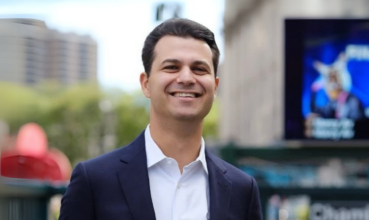

“Housing is a day-to-day problem and an existential threat to the ability of so many residents to stay in the community they love,” says Jess Coleman, a City Council candidate fo...


The future of real estate ownership might not be the traditional single-family model we’ve grown accustomed to. Cody Anderson, founder of Tomi, is pioneering a sophisticated platform t...
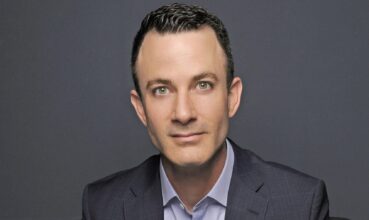

In Miami’s competitive real estate market, where traditional lenders increasingly rely on automated systems to approve straightforward applications, Krebs has built a thriving business...


The real estate industry has dodged a major cybersecurity crisis so far – but that might be more curse than blessing, according to industry security expert Robert Siciliano. Despite ha...


